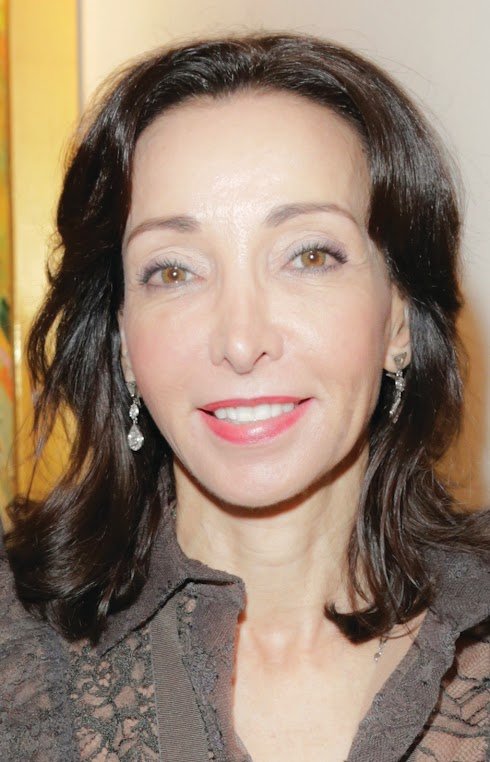Integrating connections for well-being
/Keywords
Resilience – Writing – Memory Consolidation – Cogent Narrative – Self-reflection Identifying Emotions – Developing Connections – Mental Constructs and Patterns
In this episode of Resilience Unravelled Dr Jacqueline Heller, MD shares her journey of writing a book following the grief from losing her mother. Jacqueline feels writing helped her consolidate memory and connect emotions to visual memory and in this podcast, she discusses the power of self-reflection through writing and emphasises the importance of identifying emotions for better judgment.
Main topics
The benefits of writing for memory consolidation and creating a cogent narrative.
How writing helps in self-reflection, identifying emotions, and developing connections to past experiences.
The importance of managing emotions to prevent outbursts.
How reflective writing helps in understanding automatic mental constructs and patterns.
Timestamps
1. Introduction. Introduction to the podcast and guest, Dr Jacqueline Heller, MD. 00.02 - 00:27.
2.The Power of Writing. The benefits of writing for memory consolidation and creating a coherent narrative. How writing became a cathartic and connecting process for Jacqueline. Writing as a tool for consolidating memory and connecting emotions to visual memory. 00.27 – 03.15
3. Reflective Communities and Parenting. Jacqueline's background in attachment theory and Reflective Communities. Bringing reflective parenting programs to schools. How Jacqueline's book is resonating with people and helping them 03.16 – 05.07
4. Self-Reflection and Introspection. Exploring the concept of introspecting and identifying emotions. The importance of identifying and understanding emotions for self-reflection. Connecting emotions and past experiences through writing. 05.08 – 08.28
5. The Process of Writing. The circular nature of self-examination and creating new connections through writing. Writing as a tool for developing new insights and connections over time. Managing emotions through writing and promoting higher cortical functions. 08.29 – 12.25
6. Personal Reflection and Journaling. Jacqueline's personal experience with mental journaling and reflection. The pressure to journal and the various forms of self-reflection beyond writing. 12.26 – 15.34
7. Writing Process and Book Creation. The organic process of writing Jacqueline's book. The importance of a well-being narrative and stability in one's self-story. Target audience and potential benefits of reading the book. 15.35 – 19.38
8. Book Overview. Jacqueline gives an overview of the book's content, including triggers, psychological principles, consciousness, and parenting. Chapters on defence mechanisms, cognitive distortions, and neuroscience of attachment. Example chapter "Dana's invisible trigger" and writing style. 19.39 – 25.37
9. Conclusion. Closing remarks and information on where to find Jacqueline's book and website. 25.38
Action items
Jacqueline’s new book is, Yesterday Never Sleeps
You can find out more about Jacqueline at jackieheller.com
You can listen to the podcast in full and find out further information here. Our upcoming guest list is also available along with our previous blogs.
Find out more about our innovative Resilience and Burnout solutions.





